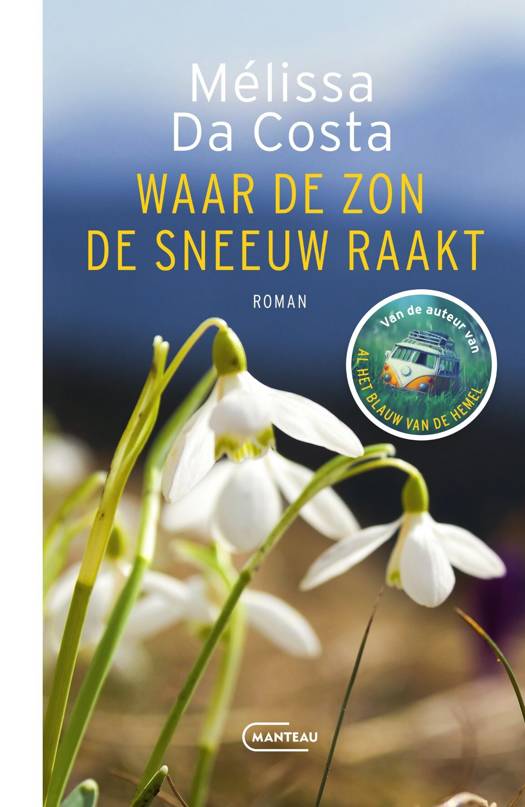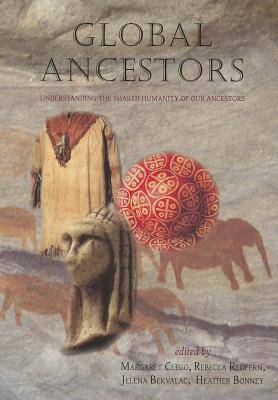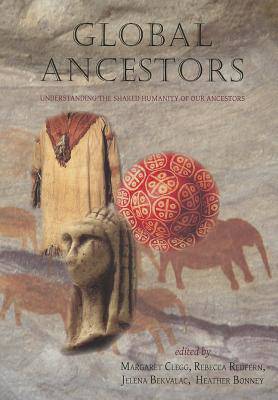
- Afhalen na 1 uur in een winkel met voorraad
- Gratis thuislevering in België vanaf € 30
- Ruim aanbod met 7 miljoen producten
- Afhalen na 1 uur in een winkel met voorraad
- Gratis thuislevering in België vanaf € 30
- Ruim aanbod met 7 miljoen producten
Zoeken
Global Ancestors
Understanding the Shared Humanity of Our Ancestors
Paperback | Engels
€ 44,95
+ 89 punten
Omschrijving
Global Ancestors is a collection of papers which reflect on modern museological responses to the often complex and emotive relationship that people have with the ancestors and objects which they created. Set out in three broad themes, the first collection of papers explore how indigenous peoples are represented in museums in Panama and China and how more can be gained by working with indigenous communities to further our understanding of the ancestors. The second section examines changes in British and American museological thinking regarding the repatriation of human remains and objects to indigenous peoples, focussing in particular on the impact of legislation on western institutions and the expectations of indigenous communities and alternative religious groups. These issues are explored through case studies involving material from the British Museum and Glasgow Museum. The final section explores the ways in which archaeologists and indigenous communities interact. These chapters illustrate, through case studies from South Africa, Finland and Canada, how both groups have worked together for their mutual benefit or to change the majority viewpoint. Global Ancestors represents the beginnings of a more inclusive and shared understanding between different constituencies and points the way forward to a time when we can consider the ancestors truly 'global'.
Specificaties
Betrokkenen
- Uitgeverij:
Inhoud
- Aantal bladzijden:
- 168
- Taal:
- Engels
Eigenschappen
- Productcode (EAN):
- 9781842175330
- Verschijningsdatum:
- 7/10/2013
- Uitvoering:
- Paperback
- Formaat:
- Trade paperback (VS)
- Afmetingen:
- 170 mm x 236 mm
- Gewicht:
- 453 g

Alleen bij Standaard Boekhandel
+ 89 punten op je klantenkaart van Standaard Boekhandel
Beoordelingen
We publiceren alleen reviews die voldoen aan de voorwaarden voor reviews. Bekijk onze voorwaarden voor reviews.










